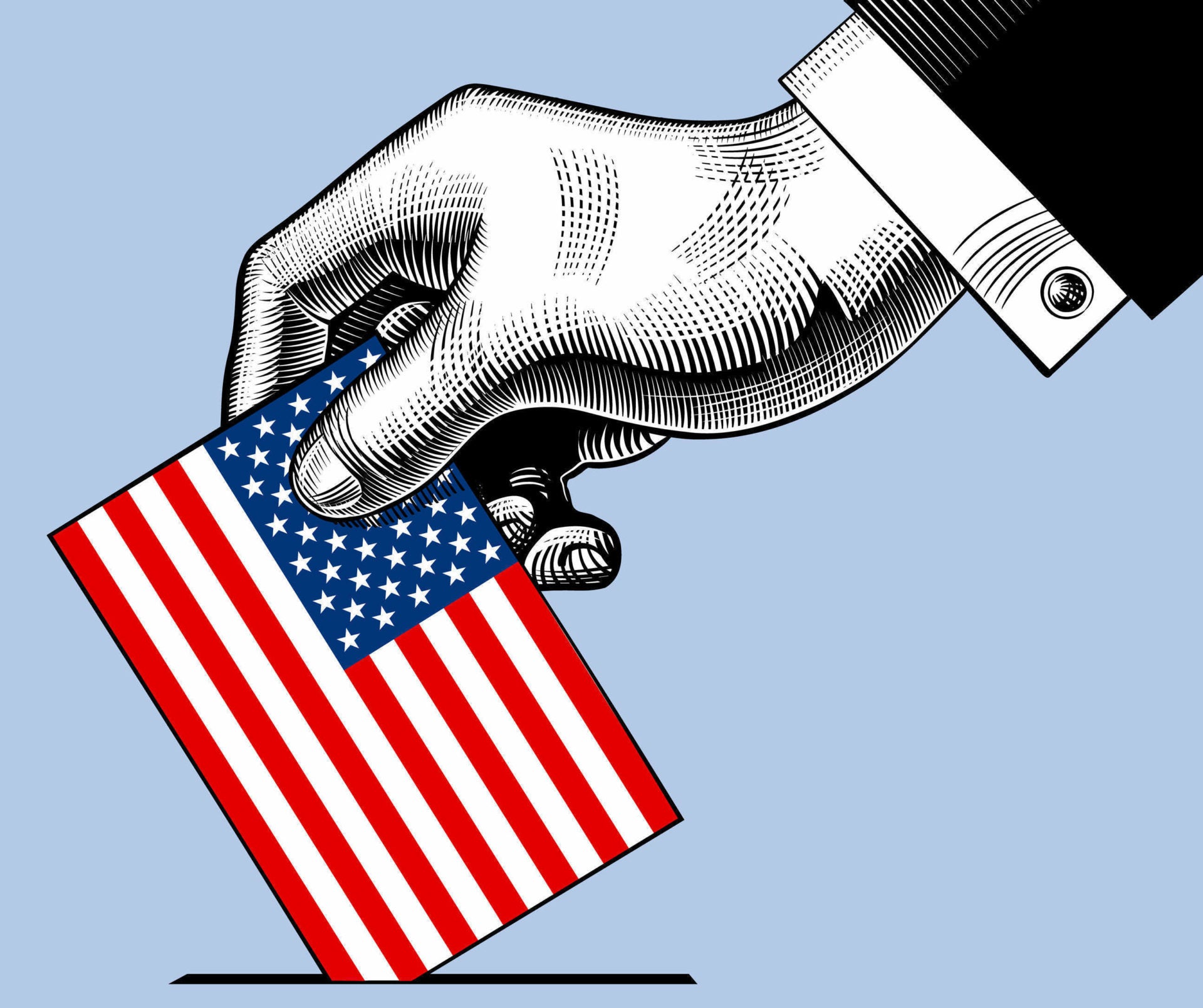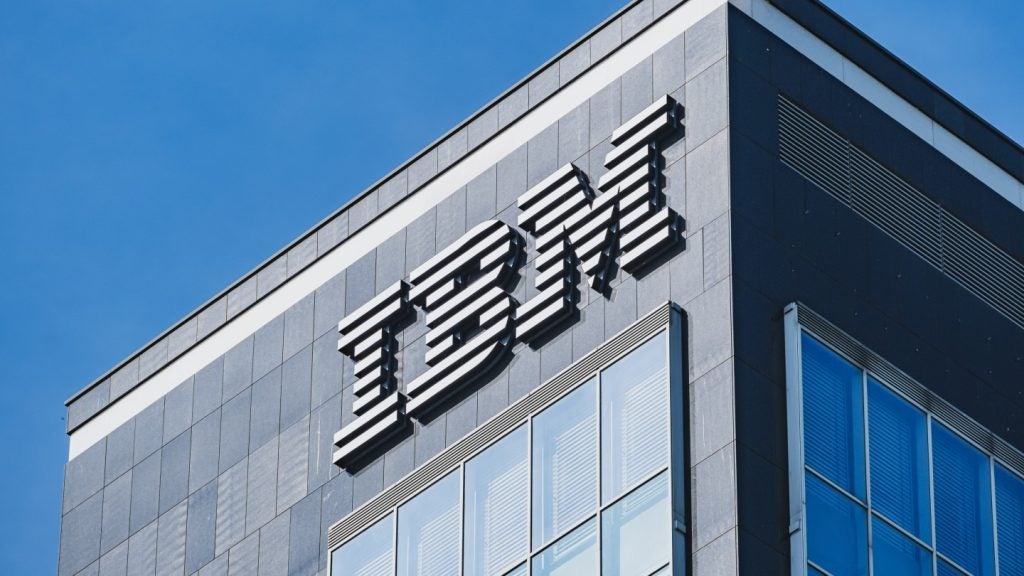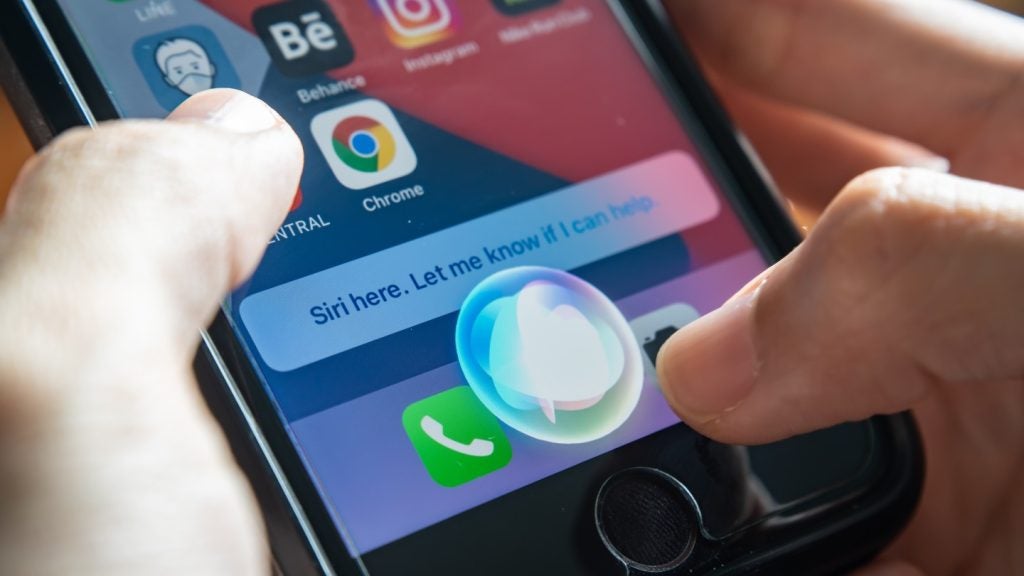
With applications in almost every industry, artificial intelligence (AI) is expanding rapidly into new markets.
One such area the technology is moving into is politics, with one company believing that it is possible to use AI to predict election results.
With the polls famously failing to accurately predict the results of both the 2016 United States presidential election and the United Kingdom’s EU referendum, could AI replace pollsters and provide a more accurate forecast election results?
Using AI to predict election results
CivixAI uses AI algorithms to analyse the subconscious biases, mental habits that cause us to make decisions based on preconceived beliefs, of voters. It does this by emulating decision-making patterns to discover “hidden motivations and unique correlations that cause them to take action in particular situations”.
The company uses data polling percentages and campaign contributions to predict human behaviour, which can then be used to forecast election outcomes.
The company claims that it was able to use this technique to correctly predict Donald Trump’s victory in the 2016 presidential election.
How well do you really know your competitors?
Access the most comprehensive Company Profiles on the market, powered by GlobalData. Save hours of research. Gain competitive edge.

Thank you!
Your download email will arrive shortly
Not ready to buy yet? Download a free sample
We are confident about the unique quality of our Company Profiles. However, we want you to make the most beneficial decision for your business, so we offer a free sample that you can download by submitting the below form
By GlobalDataMore recently, the technology was put to the test in Florida’s gubernatorial primary election in August. It found that the cognitive bias among likely Democratic voters actually favoured Tallahassee Mayor, Andrew Gillum over all other candidates. As for the Republican primary, it also found that the bias was stronger for Ron DeSantis than for Florida Commissioner of Agriculture, Adam Putnam.
Andrew Gillum won the Democratic primary, and Ron DeSantis won the republican primary.
Director of Engagement and Co-Founder of CivixAI Ryan Gragg believes that the technology could be used in the upcoming US midterm elections, taking place in November:
“The specific problem we’re solving is to understand and predict, in advance, what action voters and citizens will take in a particular scenario based on their cognitive bias. For instance, we may want to predict who voters will elect in a specific race on November 6th. Or, in a public policy context, we may want to predict what health crisis will arise within a specific community before it actually happens. This allows for more targeted preventive health campaigns and resource planning by public health departments.”
CivixAI is not the only company using AI to predict election results. In the 2016 general election, Indian startup MogIA was able to accurately predict Trump’s win by analysing millions of data points from social media.
Another innovative technology, blockchain, may soon be a part of the electoral process. Last week, Verdict spoke to the Blockchain Intelligence Group, which believes that blockchain could make voter fraud less likely by creating a more secure voting system.







